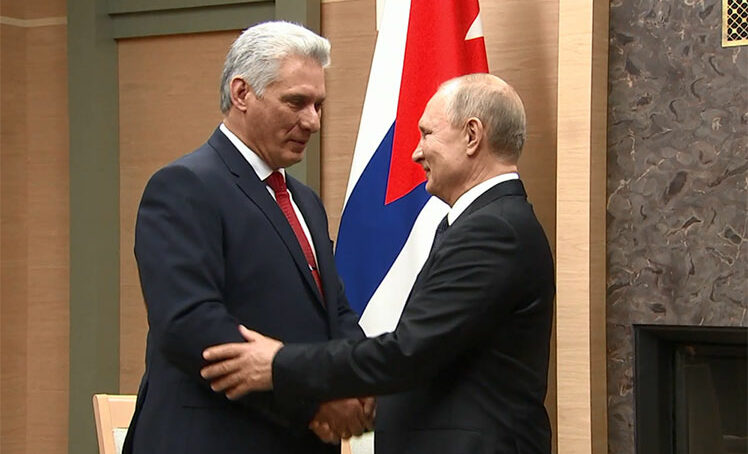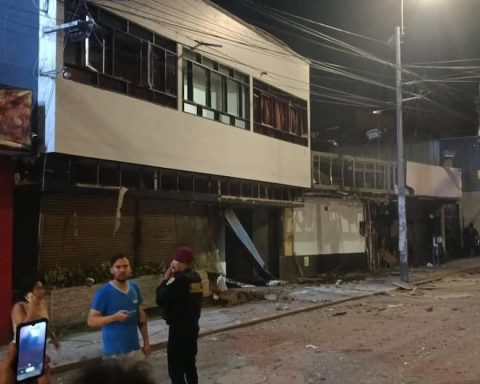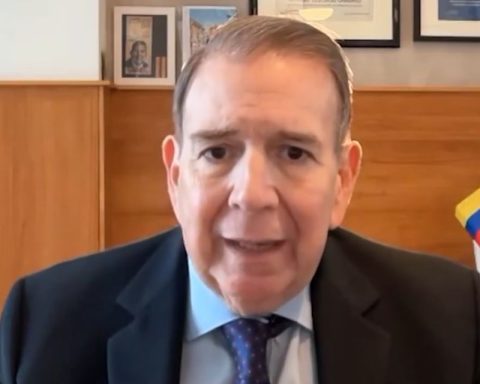This Wednesday, November 16, The National Government, headed by the Ministry of Labor, announced that in 2023 it will officially present a pension reform proposal. He also reported that for discussion a subcommittee was created to evaluate the project, based on President Gustavo Petro’s campaign proposal, on social justice axes.
(The Petro government presented its pension reform proposal).
The initiative for a comprehensive reform of the old-age protection system was put on the table by the Vice Minister in charge of Employment and Pensions, Juan Carlos Hernández, and will be debated in this tripartite forum before being submitted to Congress for consideration.
as is knownthis will be based on three pillars: the solidarity pillar with a basic income corresponding to half the current legal minimum wage and which will cover people who cannot obtain a pension; the contributory one, for people who earn up to four minimum wages and will make their mandatory contributions to the average premium regime administered by Colpensiones and the third pillar, for people who have income above 4 minimum wages who make additional contributions to the Savings Regime Individual of the Pension and Severance Fund Administrators, AFP.
The subcommittee for comprehensive reform of the old age protection system was installed by the Vice Minister in charge of Employment and Pensions, Juan Carlos Hernández.
File, Archive
Given this proposal, the Minister of Labor, Gloria Inés Ramírez, has said: “It is a structural reform, it is not a parametric reform, what we are looking for is how to generate greater coverage, so that all older adults who today are out of the possibility of having a dignified old age, have elements that allow them through from the support of the State to release their resources and thus promote an old age with dignity and that they do not live on the charity of their families”.
(The subcommittee to evaluate the labor reform was ready).
For your part. Hernandez Rojas added: “The reform is thought of in solidarity and as a focus on rights, not on economic profitability, where the dignity of the elderly must be protected by the system, giving the population a solidary and universal income.”
During the campaign, President Petro proposed a pillar regime successfully created in the Netherlands, and embraced by the World Bank and Fedesarrollo.
According to the current president, “The pillar regime makes the system of private funds complementary and non-competitive with the public one.”
noted that “The law will establish that as of its transition date, the contribution will be determined between the public and private funds.” However, he said that the decision for current contributors to move their accumulated savings in the private fund to commute it for a public pension is free.
Representatives of the trade union sector, unions and the National Government.
During the session, a next meeting was also agreed upon in the last week of November.
BRIEFCASE















